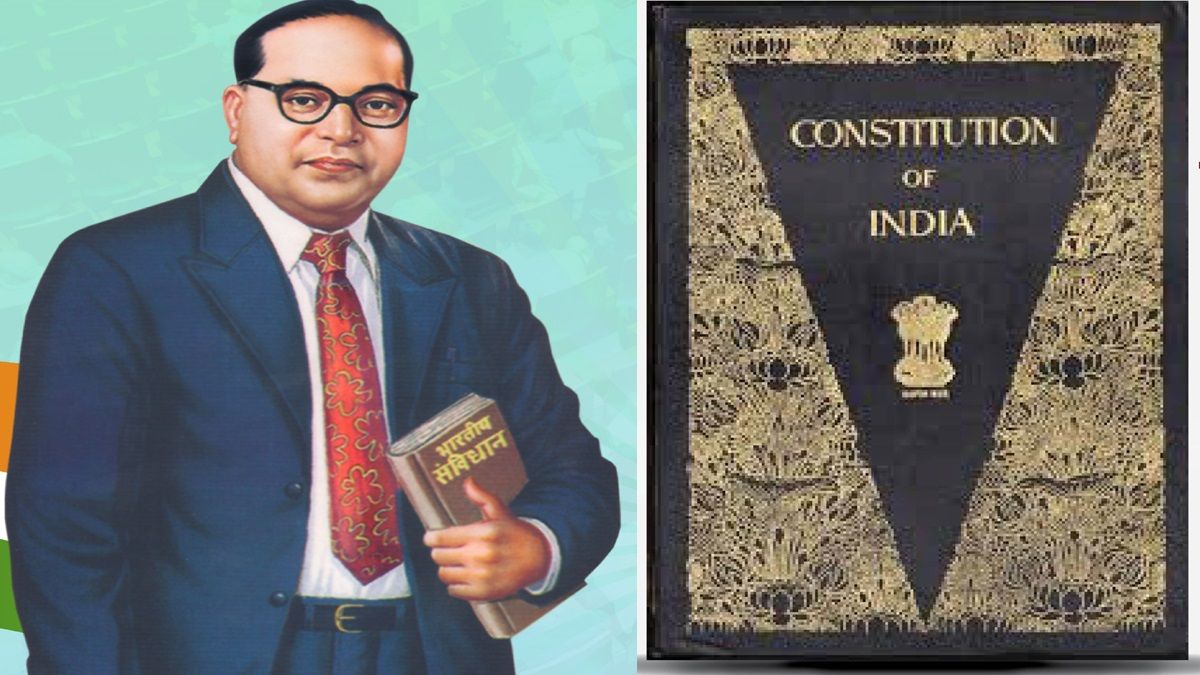Life insurance mis-selling, beware of these wrong sales pitches:While buying an insurance policy, many times people get influenced by tempting promises made for marketing and half-baked information and take a wrong decision. Many times insurance sellers do this deliberately, which is called mis-selling. If you are not careful, you can get trapped in their misleading talks. Just a few days ago, Finance Minister Nirmala Sitharaman and Insurance Regulatory and Development Authority of India (IRDAI) chief Debashish Panda have expressed concern over mis-selling of insurance products, which shows how serious this problem has become. Therefore, it is important that while deciding about taking insurance, you should be cautious at every step and invest money in any policy only after complete information. Come, let us know what things should be kept in mind while buying insurance.
How true are the claims of tax benefits with secure returns like FD?
Endowment policies are often touted as safe investments, but their inherent risks and costs should not be ignored. Elderly customers are especially lured by the promise that it gives guaranteed returns. In this type of policy, you have to pay the premium for several years, and may face losses if you opt out early. The actual return on such products usually remains only 4-7%. The right strategy is to look at insurance only from the point of view of protection i.e. financial security and choose term insurance. Investing the remaining money in FD or mutual fund is a better strategy.
Also read: Investing for Best Return: How to make the right portfolio for best returns, what is right between equity and debt? Things will be resolved with these 5 tips
How much truth is there in the claims of life cover + tax saving + investment?
The practice of selling insurance in the name of tax saving is quite old. At the end of the year, especially between January and March, when people plan to save tax under Section 80C of the Income Tax Act, many insurance agents advise them to buy life insurance products for this purpose. It is true that tax exemption is available on investment in many insurance policies, but any decision in this regard should not be taken only keeping tax saving in mind. Instead of looking at tax saving separately, you should make it a part of your overall financial planning plan. Many times other investments like EPF or children’s tuition fees meet the limit of Rs 1.5 lakh. So, instead of taking hasty decisions, invest systematically throughout the year.
Also read: Mutual Funds: Due to market turmoil, the returns of many mutual funds have deteriorated, what should investors do?
Claim that ULIP is like a mutual fund
Many times insurance companies or insurance agencies describe Unit Linked Insurance Policy (ULIP) as a mutual fund. The absence of mention of the word ‘insurance’ in the advertisements of many ULIP schemes can also mislead customers. Therefore, if you are taking any product with the intention of investing in mutual funds, then definitely check whose name is appearing while issuing the check or making online payment for it. If you are making payment to a ‘life insurance company’, then it cannot be a mutual fund. Additionally, all ULIPs also have a lock-in period of 5 years, whereas most mutual funds do not. Only Equity Linked Savings Scheme (ELSS) has a lock-in of 3 years and Retirement or Children’s Fund has a lock-in of 5 years. While deciding to invest, do your own research instead of just relying on the promises of the insurance agent.
Also read: Parliament Winter Session: These important economic bills may come in the current session of Parliament, what will be the impact on your investment and savings?
What is the matter with non-market linked guaranteed schemes?
Non-market-linked-guaranteed policies are sold with the promise of safe returns. This attracts a lot of investors who are afraid of market fluctuations. The guaranteed additions in these schemes are only 4-6% per annum, but many times customers are misled by using example charts showing different hypothetical rates of return as actual potential returns. Agent commission in such schemes remains very high, due to which efforts are made to mis-sell them with great vigor. Generally such schemes are not beneficial for investors.
Also read: Conservative Hybrid Fund: A scheme that gives double returns from FD with less risk, what is special in this conservative hybrid fund?
What to do to avoid misunderstandings
If you want to avoid becoming a victim of misunderstanding while buying an insurance policy, then keep these things in mind:
-
Get complete information about the insurance product. For this, understand thoroughly all the conditions and benefits related to the policy.
-
Instead of the rate of return quoted by the insurance agent, look at and analyze the internal rate of return (IRR) of the product.
-
The most important thing is to keep the protection you get from insurance and the returns on investment separate. Always keep in mind that the main objective of an insurance policy is to provide financial security to you and your family. Not giving returns by investing.
While buying an insurance policy, it is very important to keep all the things mentioned above in mind and check the marketing claims. Do not blindly trust the agent’s promises. Do not take any decision in haste under their pressure. If you decide after thinking carefully, not only your future will be secure, but your money will also be secure.






